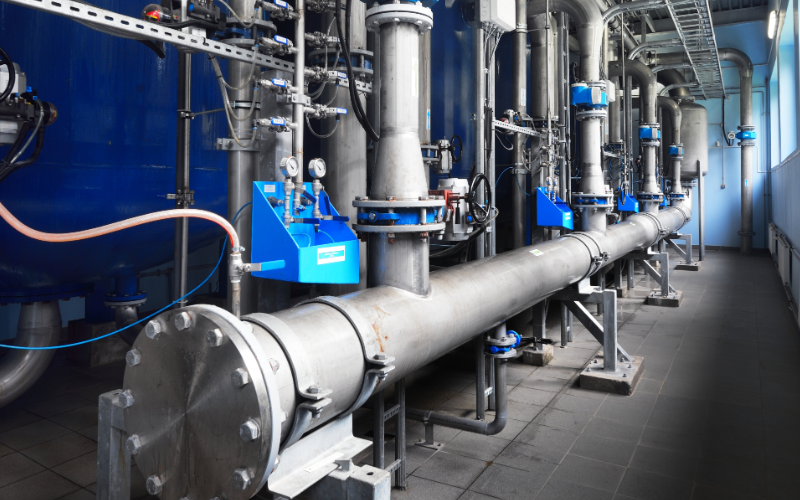Ethanol is a common solvent used across various industries, from pharmaceuticals to food and beverage production. Efficiently recovering ethanol from waste streams is vital for both cost savings and environmental impact. This is where solvent recovery equipment steps in. By enhancing the ethanol recovery process, these systems help businesses save money and reduce their environmental footprint. Let’s delve into how solvent recovery systems can boost efficiency in ethanol solvent recovery.
What Are Solvent Recovery Systems?
Solvent recovery systems are designed to reclaim solvents from waste materials, making them reusable in industrial processes. This not only saves money but also benefits the environment by reducing the need for fresh solvents and decreasing waste.
How Solvent Recovery Equipment Enhances Ethanol Recovery
1. Boosting Efficiency
Solvent recovery equipment is crucial in improving the efficiency of ethanol recovery. It uses advanced technologies such as distillation and filtration to separate ethanol from other substances. This efficient process ensures high purity levels of ethanol, which is essential for maintaining product quality in various industries.
2. Cutting Operational Costs
Utilising industrial solvent recovery systems can significantly reduce the costs associated with purchasing fresh ethanol. By reclaiming and reusing ethanol, businesses can lower their solvent expenses, which can add up over time. Additionally, the recovery process can also cut down on waste disposal costs, further contributing to cost savings.
3. Reducing Environmental Impact
Recovering ethanol helps minimise the environmental impact of industrial processes. By reducing waste and lessening the need for new solvents, solvent recovery systems support more sustainable operations. This is particularly important in Singapore, where businesses face stringent environmental regulations.
How Industrial Solvent Recovery Systems Operate
1. Distillation
Distillation is a key method used in solvent recovery systems. This process involves heating the solvent mixture to separate ethanol based on its boiling point. The ethanol vapour is then condensed back into a liquid form, ready for reuse. Distillation is highly effective for ethanol recovery due to its efficiency in purifying the solvent.
2. Filtration
Filtration is another common method for ethanol recovery. It involves passing the solvent mixture through a filter to remove impurities. The filtered ethanol can then be collected and reused. Filtration systems are often used alongside distillation to ensure high recovery rates and solvent purity.
3. Adsorption
Adsorption uses materials like activated carbon to capture ethanol from the waste stream. The ethanol sticks to the surface of the adsorbent material, allowing it to be separated from other substances. Once the adsorbent material is saturated, it is treated to release the ethanol, which is then recovered.
Advantages of Solvent Recovery Equipment
1. Better Process Control
Solvent recovery equipment offers improved control over the ethanol recovery process. Modern systems come with automation features that monitor and adjust parameters in real-time, ensuring optimal recovery rates and consistent solvent quality.
2. Enhanced Safety
Safety is a key consideration in solvent recovery. Recovery systems are designed with features to handle ethanol and other solvents safely, including explosion-proof components and automated controls. These features help reduce the risk of accidents and ensure compliance with safety regulations.
3. Longer Solvent Lifespan
By recovering and reusing ethanol, the lifespan of the solvent is extended. This reduces the frequency of solvent replacement, leading to lower operational costs and less downtime for replenishing solvents.
Choosing the Right Solvent Recovery System
When selecting solvent recovery equipment, consider factors such as the volume of ethanol to be recovered, the required purity level, and your specific industry needs. Working with experienced suppliers can help you choose a system that meets your requirements and integrates smoothly with your existing processes.
Conclusion
Incorporating solvent recovery systems into your ethanol recovery process can greatly enhance efficiency, save costs, and contribute to environmental sustainability. Investing in the right equipment will boost your operational efficiency and support a greener future.
If you’re keen to improve your ethanol solvent recovery process, consider investing in high-quality solvent recovery equipment. Get in touch with us today to find out how our advanced systems can help you achieve greater efficiency and sustainability in your operations.








